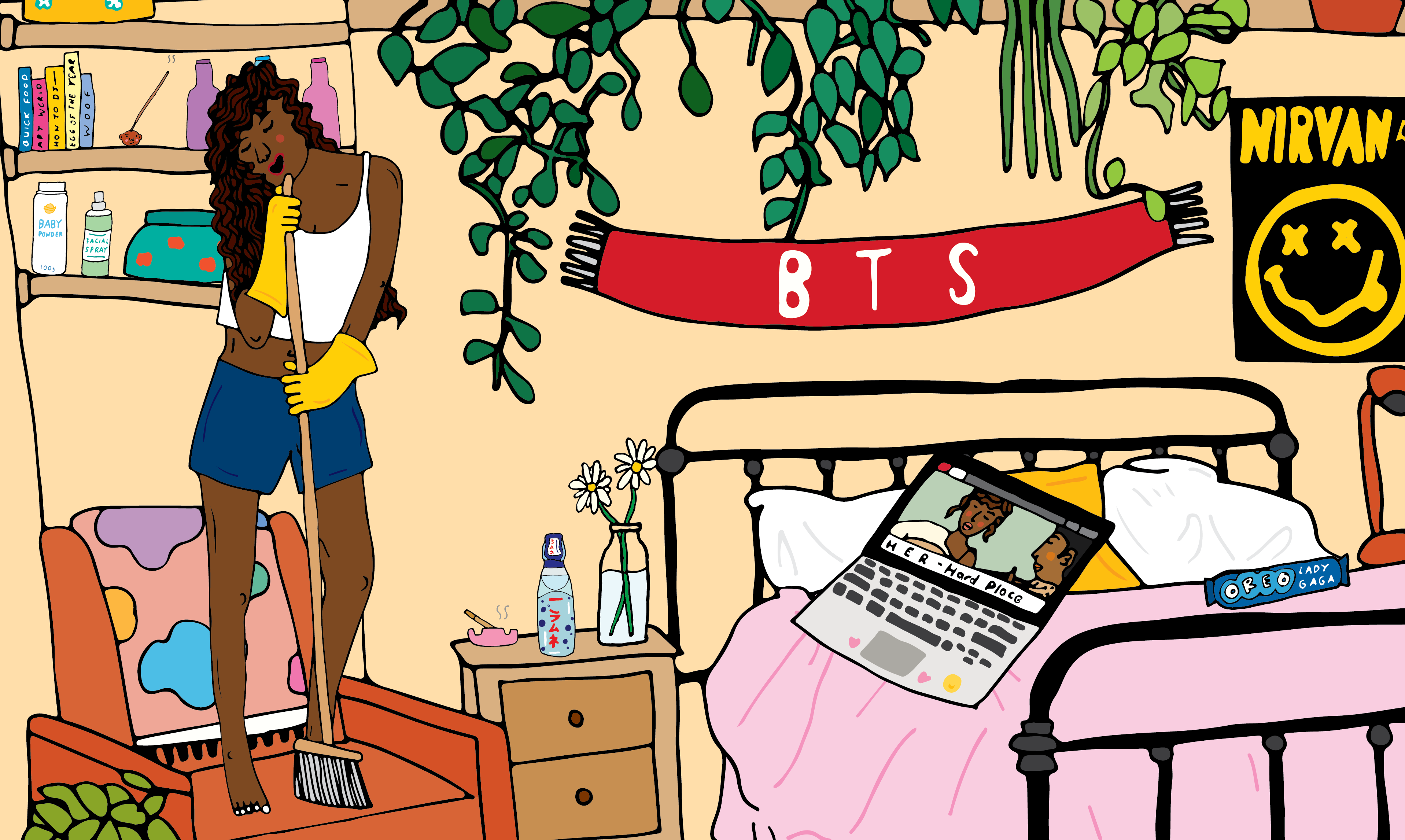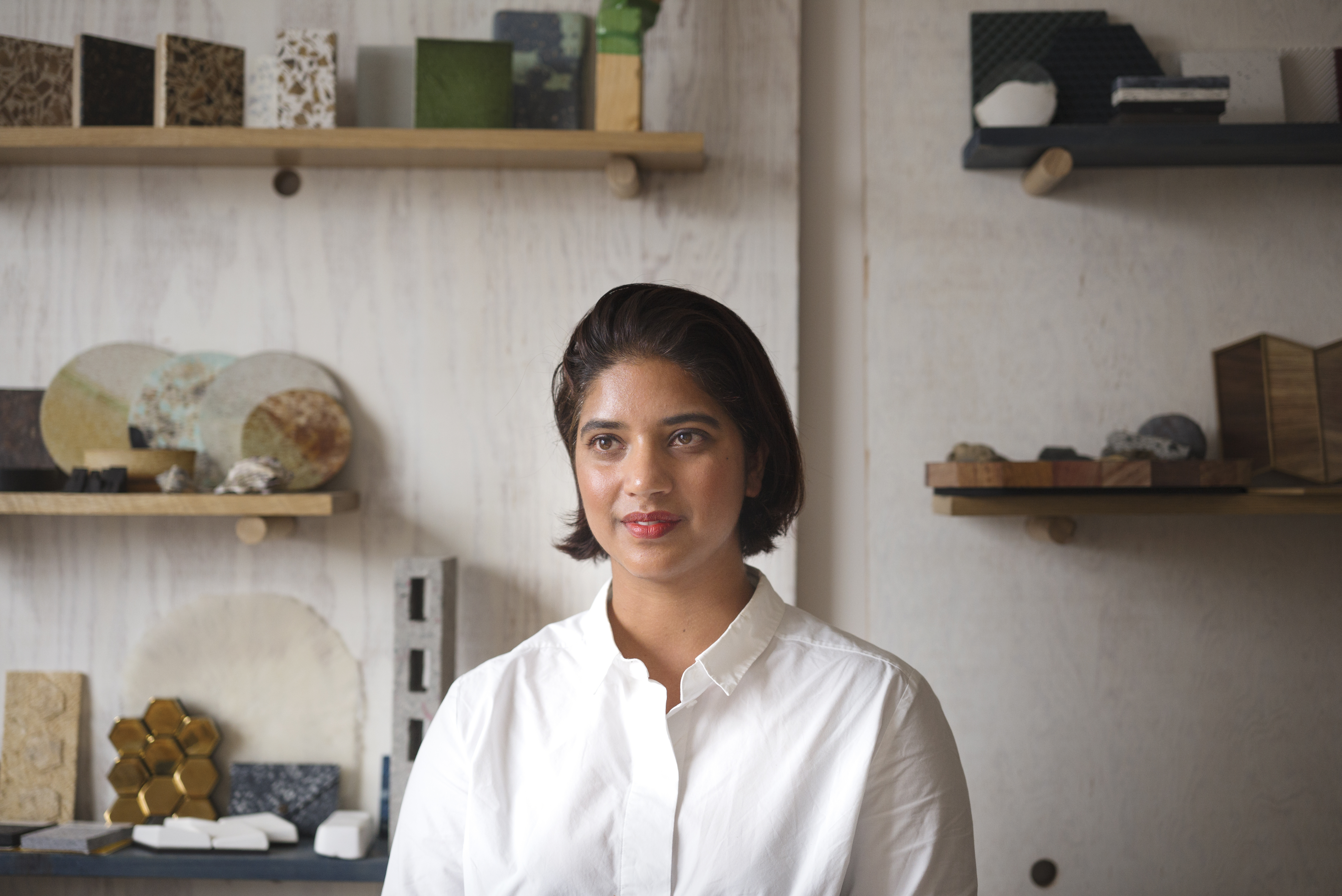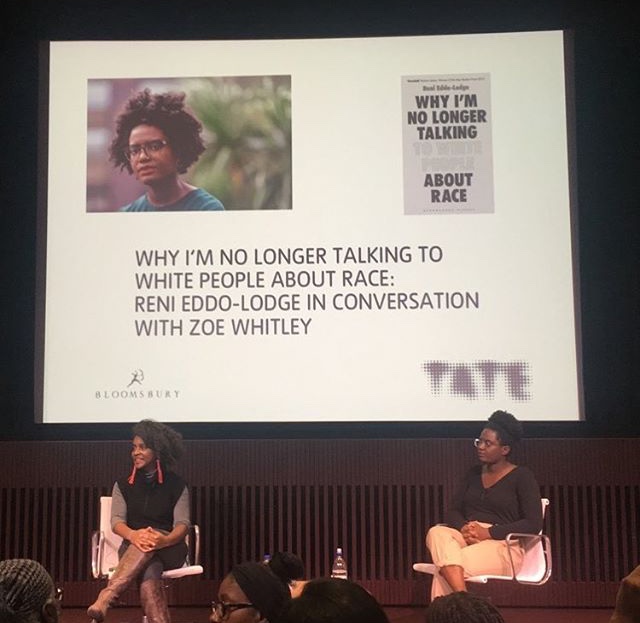
Since gal-dem was nominated for two awards last week, I’ve been suffering from permanent symptoms of inadequacy. The natural reaction to news such as this would be happiness, I assume. But while I couldn’t stop grinning after seeing the initial nomination for best online comment site, the second, where I was personally shortlisted for Arts, Culture and Entertainment commentator of the year, left me pinioned. All I could think was that I didn’t deserve it, that it could only lead to bad things, that there were so many better writers than me at gal-dem, and, that everyone else around me – despite their praise – must be asking themselves the same question: “How did she do it?”
These are, of course, classic feelings related to “imposter syndrome”*. First documented by psychologists Pauline Rose Clance and Suzanne Imes in the 1970s, who noticed over a two year period of working with over 150 highly successful women that “women find innumerable means of negating any external evidence that contradicts their belief that they are, in reality, unintelligent”, it has since been found that imposter syndrome affects just about every demographic you could think of: men, women, adolescents, teachers, professors, students and so on.
‘I don’t think I have imposter syndrome because I’m black, but it is definitely heightened because I’m aware of how little my social capital is’
But, I don’t think it would be too much of a stretch to argue that, at least in the creative industries, the difficulties women of colour face could mean that they are left more vulnerable to imposter syndrome than most. I spoke to two of the essay writers at the launch of bestselling book The Good Immigrant last week, who seemed to be dealing with similar issues. Our very own Liv Little, the editor of gal-dem and basically a superwoman, has spoken to me about how despite being presented with opportunities that she’s created, “it’s easy to feel like they aren’t really for you, or that they somehow shouldn’t be happening”.
Another hugely successful gal-dem, Paula Akpan (who co-founded the I’m Tired project), says that she sometimes feels undeserving of the exhibitions and workshops she does: “When people thank me for the project I’m just there like, ‘I haven’t actually done anything’,” she says. “I don’t think I have imposter syndrome because I’m black, but it is definitely heightened because I’m aware of how little my social capital is as a woman of colour.”
Personally, I feel imposter syndrome in most aspects of my life. Sometimes I even feel more satisfaction failing at something, because it proves that my suspicions about my lack of ability were right. This is why, at the end of every football match I used to play on a Sunday during university, I would be far more happy if we lost rather than if we won and, in particular, if I had scored a goal. When we won, I realise now, I worried too much about people’s expectations of me. Next time, I told myself, I wouldn’t score any goals and they would be disappointed. It was all just a fluke. As my journalism career has progressed, I’ve experienced similar emotions.
The reality could be that actually, what myself and the other gal-dem have been experiencing isn’t just simply imposter syndrome. Because of the tiny role we still play in the mainstream creative industries, our heightened visibility, the intersectionality between race and gender that we embody and the prejudices that we are open to, I don’t think I’m paranoid in thinking that the imposter syndrome felt by women of colour is egged on by others who also question our success.
‘At the end of every football match I used to play on a Sunday during university, I would be far more happy if we lost rather than if we won’
This is the key difference between the imposter syndrome suffered by women of colour and others: the strong forces telling our subconscious that we are undeserving of success and that we don’t belong in the environments we inhabit. We don’t see people who look like us, hear accents like ours, or, necessarily, have role models. Our insecurities over our achievements are the effect of people reacting with shock when they realise how well gal-dem is doing, when security guards challenge us in spaces that we have events planned in, when our professionalism is questioned and when, all too often, we’re expected to work for free.
Director and screenwriter Ava DuVernay, behind Selma, has acknowleged this too. “I am an anomaly,” she said in a recent interview. “I just feel like I have a short window of time. And there’s no black-woman Mike Nichols, or Spielberg, or Soderbergh, or Spike, you know what I mean? There is nobody [about whom] I can say, I’m gonna have a career like hers, ’cause it just doesn’t exist! Not even a white woman! All I know is right now, the window’s open. I’m trying to crawl through it and bring a whole bunch of Negroes and Negresses in with me.”
Another problem is that sadly, because of the age we’re in, tokenism still exists. As a black journalist, like DuVernay, I’m a physical anomaly. That, coupled with racism in the industry and the fact that my early journalism career has been helped on by diversity schemes, leaves me in a place of genuine, and, I believe, understandable doubt about my own abilities and whether or not journalism is a good fit for my skill-set. Have I, I have to wonder, been fast tracked into this career by well-meaning, fluffy-hearted liberals who want to see someone like me, from a working class, ethnic minority background, succeed?
My Dad was frank when I spoke to him on the phone about the nomination. Although he praised me (and is very proud in general), he did also say: “You could have been nominated because there weren’t enough black women on the list.” It’s true that less than half of the journalists on the Comment Awards shortlist are women, in an industry where we make up 45 percent. I am the only black woman in the shortlist, and it appears there are only two other WoC shortlisted in general (Roula Khalaf and Anjana Ahuja), to seven MoC.
gal-dem, unlike every single other website or publication on the shortlist (with the possible exception of Media Diversified), is completely unfunded, barely a year old, and has no full-time staff. I’m over 20 years younger than Rachel Cooke, and 40 years younger than A.A Gill – the two other journalists shortlisted in my category – and have yet to secure a permanent role at a national newspaper or online outlet.
A cynic would say that I make a good poster child, and gal-dem is a neat fit for an industry that is steadily becoming aware of its problems with diversity. But while I will fight anyone (not really, I’m a pacifist) who insults our magazine because I genuinely believe that gal-dem is deserving of its nomination, it’s harder to feel as secure in my own work. As a collective in the main I feel strong and proud. On my own, the idea of ambition and success makes me want to coil away into a shell.
‘It’s true that the Comment Awards saw 34 shortlist places to men and only 16 to women. I am the only black woman in the shortlist’
There are however, a few things that keep coming back to me. Genuine praise from anonymous Twitter-ers whose bias, strangely, I feel I can measure. A staff member at a magazine who said that gal-dem’s first print issue, which was published last week, was the best independent magazine he’d ever read. The conversation I once had with a friend who explained why he thinks that the marginal benefits that “positive action” can bring don’t outweigh money and the equivalent advantages of the private schooling system, which educates so many journalists.
So, I suppose I would be lying if I didn’t admit that sometimes, despite the imposter syndrome, somewhere just above my belly-button, a tingling of pride sets in. But I’m certainly not expecting to win an award.
*Imposter syndrome does not fit into the clinical criteria for a psychological syndrome









